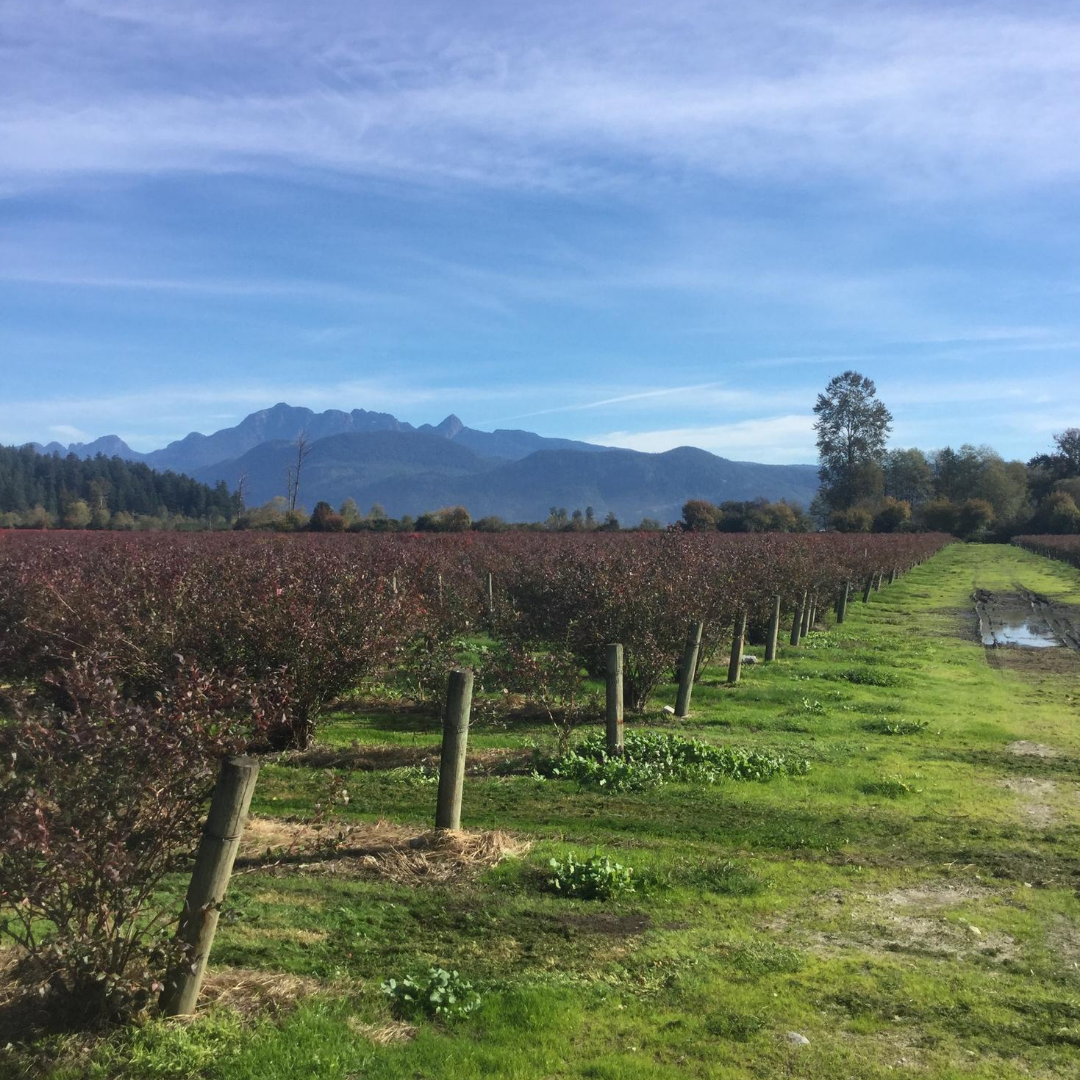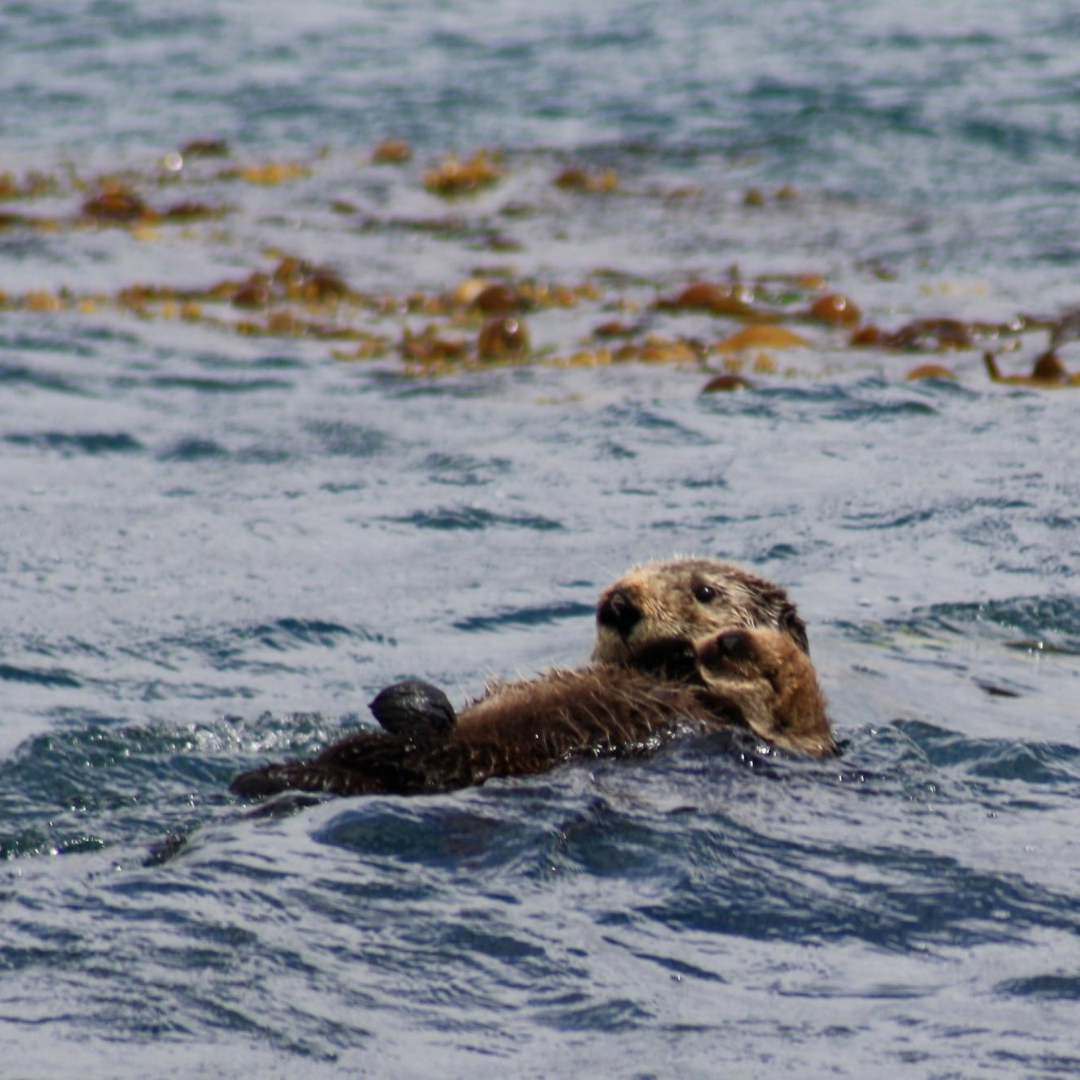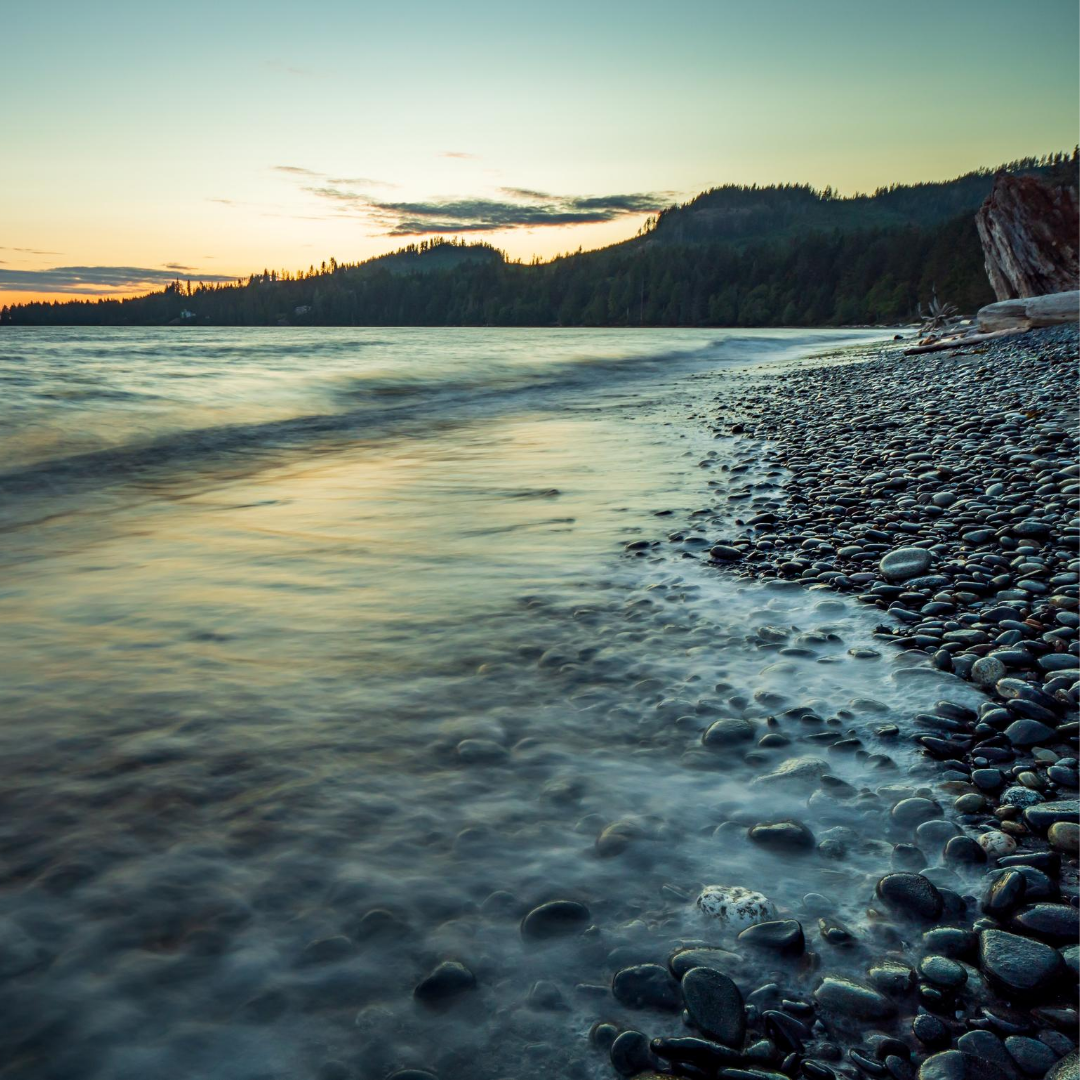
Ecosystems, People & Resilience
Amidst the current climate crisis, we are also facing an ongoing and intensifying ecological crisis. A million species are at risk of extinction due to human activity, jeopardizing the invaluable contributions to natural and human well-being. Securing people’s rights to live in a healthy and sustainable environment has never been more important. Nor has work to improve the resilience of people and ecosystems to climate and other risks.
IRES Researchers work to understand how people interact with ecosystems, how nature contributes to human well-being and how people, human activity, and built environments can either degrade or sustain nature. In partnership with communities, governments, and other stakeholders, we work to improve the resilience of our socio-ecological systems.
Core faculty:
David Boyd, Navin Ramankutty, Leila Harris, Amanda Giang, Claire Kremen, Mark Johnson, Terre Satterfield, Kai Chan, Stephanie Chang, Hannah Wittman, Joséphine Gantois

Diversifying agricultural landscapes of British Columbia
How can we move towards more sustainable agriculture that also supports biodiversity? What opportunities and barriers exists for sustainable farming practices?
Agricultural landscapes are typically managed intensively to produce food, but these large land areas could be managed for multiple functions including biodiversity conservation. The WoRCS project (Working to Restore Connectivity and Sustainability) investigates how diversifying crop and non-crop vegetation in British Columbia’s agricultural working lands can affect ecosystem services like crop pollination and pest control, input use and profitability, and barriers and opportunities for adoption of more sustainable farming practices. The WoRCS project simultaneously investigates how use of such practices can affect wildlife use of farming landscapes as habitat and movement corridors.
Read More ->
Re-wilding kelp forests and coastal ecosystem services
How can we restore ecosystems and their contributions to people?
Ecosystems provide crucial contributions to people, but they many have been degraded by a variety of human activities. This project investigates how re-wildling of coastal ecosystems can change the structure of those systems and the services they provide, with the return of sea otters and even restoration of processes based on now-extinct Steller’s sea cows.

Resilient-C: Coastal community disaster risk reduction
How can research facilitate efforts by local governments to address hazards and adapt to climate change?
Numerous tools, strategies, and information sources already address the natural hazards like floods that increasingly pose a threat to coastal Canadian communities. Relatively little is known, however, about why certain communities adopt specific mitigation practices and which tools work effectively in particular contexts. This project addresses the aforementioned knowledge gap with Resilient-C serving as a free online platform for information visualization. Resilient-C shows both a given community’s specific coastal context and its disaster risk reduction practices at the local level. With this information in hand, community planners and engineers can use Resilient-C to discover other locations that face similar hazard vulnerabilities, learn about what actions these communities have taken, and create resilience networks that span both the Pacific and Atlantic coasts.
Read More ->Highlighted publications:
- Blower, S. M., Hartel, D., Dowlatabadi, H., Anderson, R. M., & May, R. M. (1991). Drugs, sex and HIV: a mathematical model for New York City. Phil. Trans. R. Soc. Lond. B, 331(1260), 171-187.
- Boyd, David R. Cleaner, Greener, Healthier: A Prescription for Stronger Canadian Environmental Laws and Policies. UBC Press, 2015.
- Ellis, E. C., & Ramankutty, N. (2008). Putting people in the map: anthropogenic biomes of the world. Frontiers in Ecology and the Environment, 6(8), 439-447.
- Harris, L. M., Chu, E. K., & Ziervogel, G. (2017). Negotiated resilience. Resilience, 1-19.
- Kremen, C., Iles, A., & Bacon, C. (2012). Diversified farming systems: an agroecological, systems-based alternative to modern industrial agriculture. Ecology and Society, 17(4).
- Perlinger, J. A., Urban, N. R., Giang, A., Selin, N. E., Hendricks, A. N., Zhang, H., … & Norman, E. S. (2018). Responses of deposition and bioaccumulation in the Great Lakes region to policy and other large-scale drivers of mercury emissions. Environmental Science: Processes & Impacts, 20(1), 195-209.
- Stephanie E. Chang, Jackie Z. K. Yip, Tugce Conger, Greg Oulahen, Emily Gray, Michelle Marteleira. (2020) Explaining communities’ adaptation strategies for coastal flood risk: Vulnerability and institutional factors. J Flood Risk Management; 13:e12646.